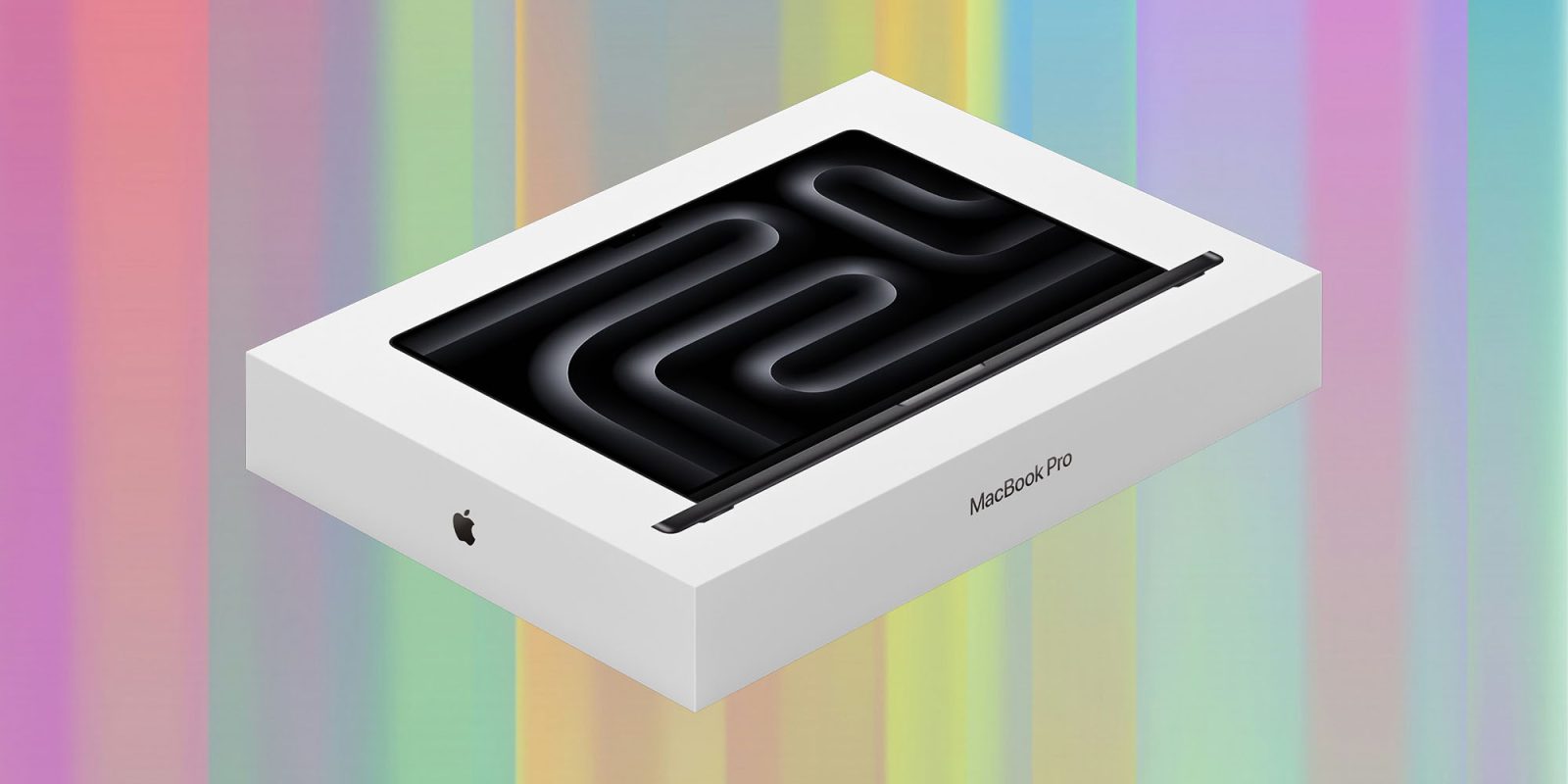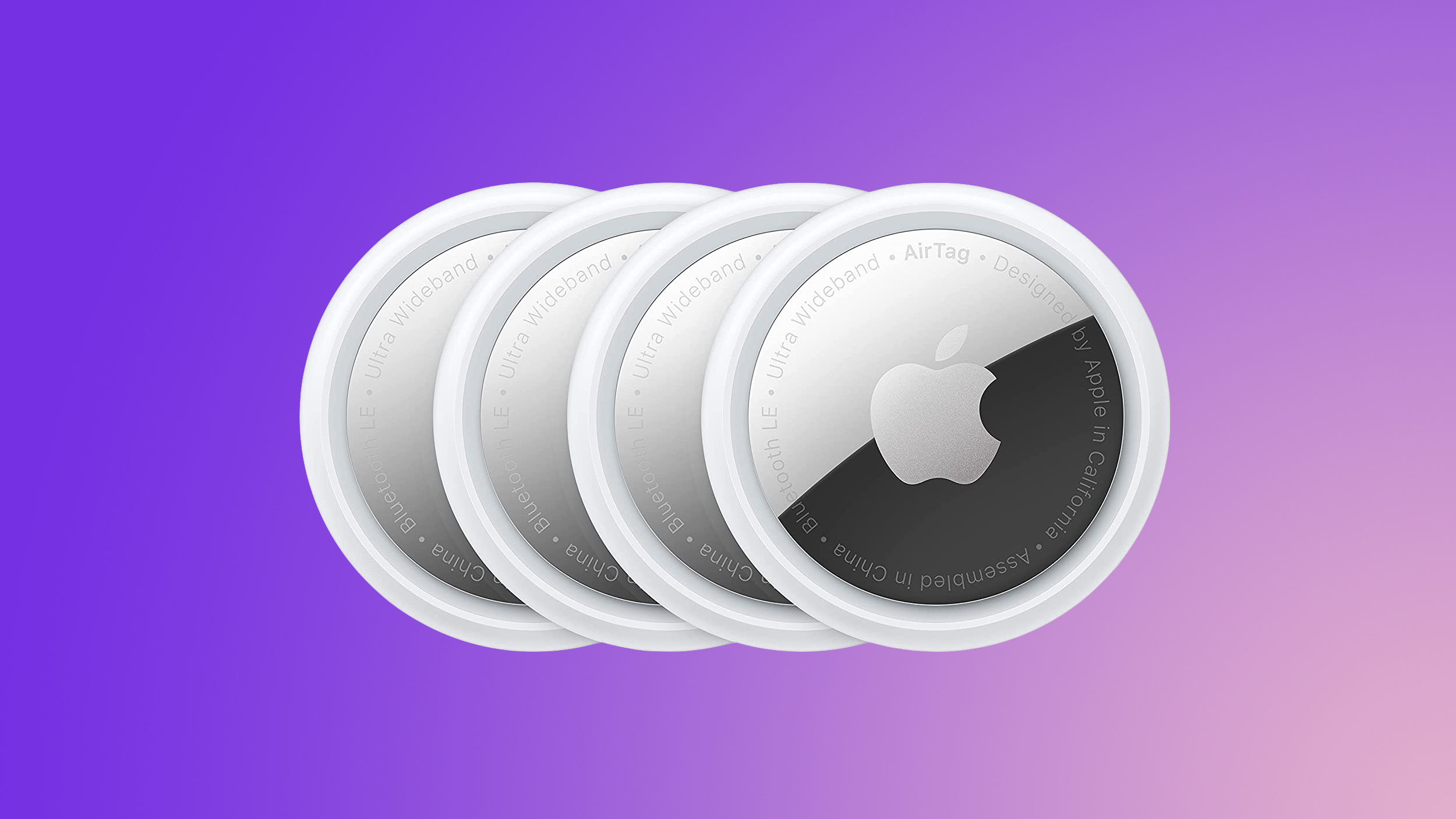
The new M4 MacBook Pro is a beast, offering a phenomenal combination of performance and battery-life, with the bonus of a Center Stage camera and the option of a nano-texture display.
But I have to say that I’m note remotely tempted because, honestly, my 2021 M1 Max MacBook Pro still feels to me like a brand-new machine – and that phenomenon could be an issue for Apple going forward …
A quick history of my Mac purchases
Historically, I’ve tended to go for maxed-out models, and then hold onto them for at least five years. For example, my 2011 17-inch MacBook Pro was replaced in 2016 by the 15-inch Touch Bar model.
Admittedly that was easier back in the days when MacBook Pro models were user-upgradable. That 17-inch model went through three specs from purchase to sale:
- Bought from Apple as 8GB RAM, 750GB hard drive and optical drive
- Immediately upgraded to 16GB RAM and 2x 1TB hard drives
- Later upgraded to 2x 1TB SSDs
Since then, a couple of things changed, one of which was Apple’s switch to non-upgradable designs (or certainly not easily user-upgradable ones). My 2019 upgrade was mostly for the wrong reasons – put off by the unreliability of the 2016 one.
I would normally have kept that one longer, but the switch to Apple Silicon was impossible to resist, so that saw me upgrading again just two years later.
But that pace is not one I’m going to continue.
The M4 MacBook Pro is a beast
Don’t misunderstand me, it looks like a truly amazing machine, the M4 Max version especially. If your wallet is sufficiently bulky, you can spec it out up to:
- 16-core CPU
- 40-core GPU
- 16-core Neural Engine
- 128GB unified memory
- 8TB SSD
- Nano-texture display
Admittedly you’ll leave the store $7,349 lighter, and even most pros aren’t going to go quite that far, but you can if you want to.
Couple that to up to 24 hours of battery life, and it’s a truly astonishing combination of performance and power efficiency.
But my M1 Pro Max still feels brand new
I’m not, however, even slightly tempted. There has not been a single day on which I’ve ever felt that my M1 Max MacBook Pro needed more power or longer battery life.
I absolutely love that I can use it hooked up to my 49-inch monitor and use it for video editing in Final Cut Pro, but can also carry it without too much risk of injury and use it all-day in a coffee shop or on a plane without having to worry about power.
Oh, and I also really like the fact that it remains cool on my lap, and I rarely hear the fans spin up.
My one concern would have been the fear of potential repair costs if it ever turned out to be as unreliable as that 2016 model. At one point, I wondered whether I’d have to resign myself to selling every time the AppleCare coverage ran out.
Fortunately, however, I haven’t had any issues with this one, and the company solved the AppleCare problem back in 2021, allowing annual renewals beyond three years. I just renewed my cover yesterday, in fact.
So I’m definitely planning on a return to roughly 5-year upgrade cycles – but might even go longer.
Apple Silicon Macs may be almost too good
And this could potentially pose a problem for Apple. The latest and greatest Apple Silicon Mac may be really impressive, but … the older ones still remain phenomenal machines.
Intel MacBooks used to spin up their fans like they were 747s; burn our thighs if we were ever foolish enough to do demanding work on them while they were on our laps; and eat batteries when doing anything more than email and web.
M1 MacBooks were just a night-and-day difference, and the sheer scale of that upgrade means that even the M4 MacBook Pro looks like something I’d buy if money were no object, but there’s nothing to sell one to real-world me.
Indeed, if I were buying again today, I might even have been tempted to opt for a MacBook Air, as I know of people happily using those for reasonably complex Final Cut Pro projects. Probably not, given that I like a lot of on-board storage and the Air maxes out at 2TB, but it would be a perfectly viable alternative for a lot of people who always bought Intel MacBook Pro models.
Future design changes may help
Of course, spec is only part of the picture, and it may be that future design changes will help. The form factor of Apple Silicon Macs is essentially unchanged from the first generation, but you kind of have to wonder how much longer the company can come up with worthwhile improvements to the design.
There are OLED screens to come, of course, and I’m guessing Face ID at the same time (it still strikes me as weird that this didn’t come to the MacBook as part of the notch). The bezels will get smaller, possibly enough to squeeze a 17-inch display into a 16-inch-ish chassis or – more likely – a 16-inch into a 15-inch-ish size. Apple will probably find a way to make them a little lighter. Maybe we’ll get a cellular model. Further ahead, OLED will be replaced by microLED.
So Apple will come up with other reasons for upgrades – but I do think it’s going to have to work a lot harder than it did back in what now feels like the bad-old Intel days.
Photo: 9to5Mac collage of images from Apple and Maxim Berg on Unsplash
FTC: We use income earning auto affiliate links. More.

 3 weeks ago
12
3 weeks ago
12







 English (US) ·
English (US) ·